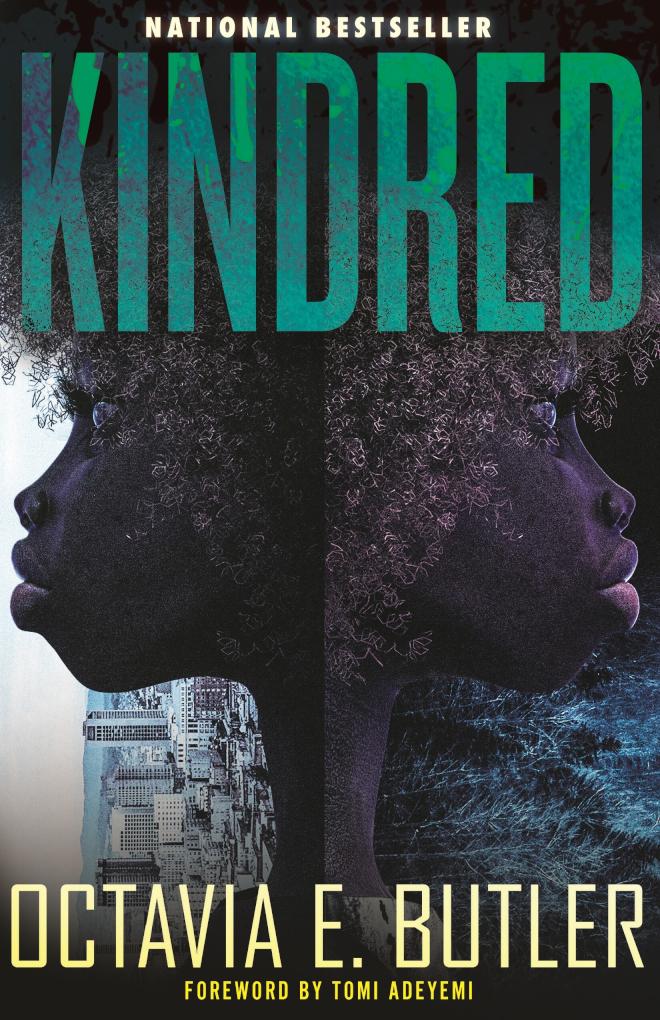
America has just celebrated its 200th anniversary, and society is a lot more progressive than it ever was. Dana is a young black librarian, married to a white man; a marriage that raised eyebrows in both their families despite the now “progressive” society.
One evening she feels dizzy, and is suddenly transported to the bank of a river, where she spots a small red-haired boy drowning. She rescues him, but is confronted by an irate man in old-fashioned clothes, carrying a gun and accusing her of trying to drown the boy. She is whisked back to her home, and is deeply shaken. A little while later, the process repeats, but this time, the same boy is setting fire to his house curtains. She rescues him again, and a pattern emerges.
The boy is the son of a plantation owner, a slave plantation which Dana knows her own ancestors came from. She deduces that the boy is effectively her ancestor, and the time period is early 18th century. She is whisked to the past whenever his life is in danger, and whisked back home when her own life is in danger. The process repeats several times, including once when her husband is inadvertently taken back too. She spends several months, or even years back in the past, but she is always brought back to just after the moment she left.
The central theme explores how a modern black woman would deal with the brutal slave society, where the whole world has been configured to be arrayed against her. She experiences, first hand, harsh punishments, brutal work, resistance against the cruel slavers, life in the slave quarters, struggle for education, sexual abuse and hypocrisy of the religious teachings. Through her miraculous journeys, Dana is forced to confront the harsh truths of her heritage and the impact of historical trauma on her present life. A thoughtful and gripping read, which questions the connection between history and personal identity in a world which is still deeply torn by race, but refuses to fully acknowledge it.
